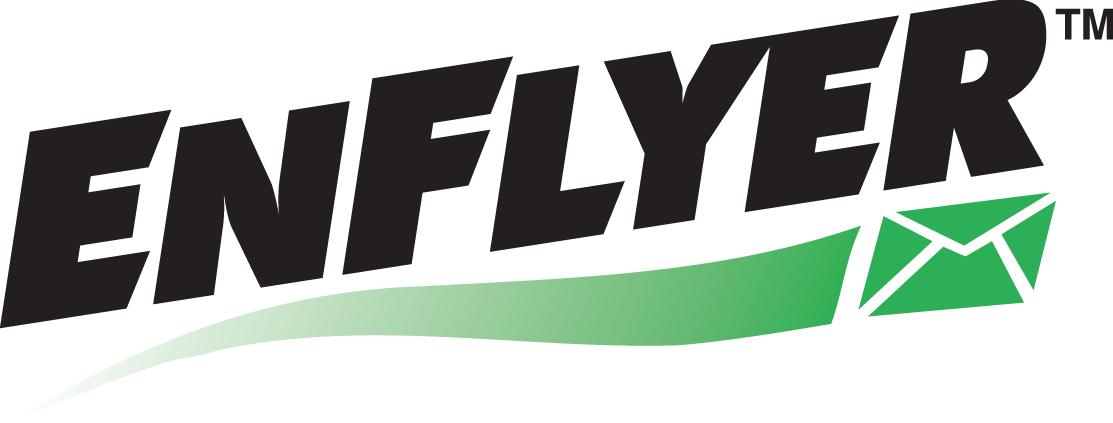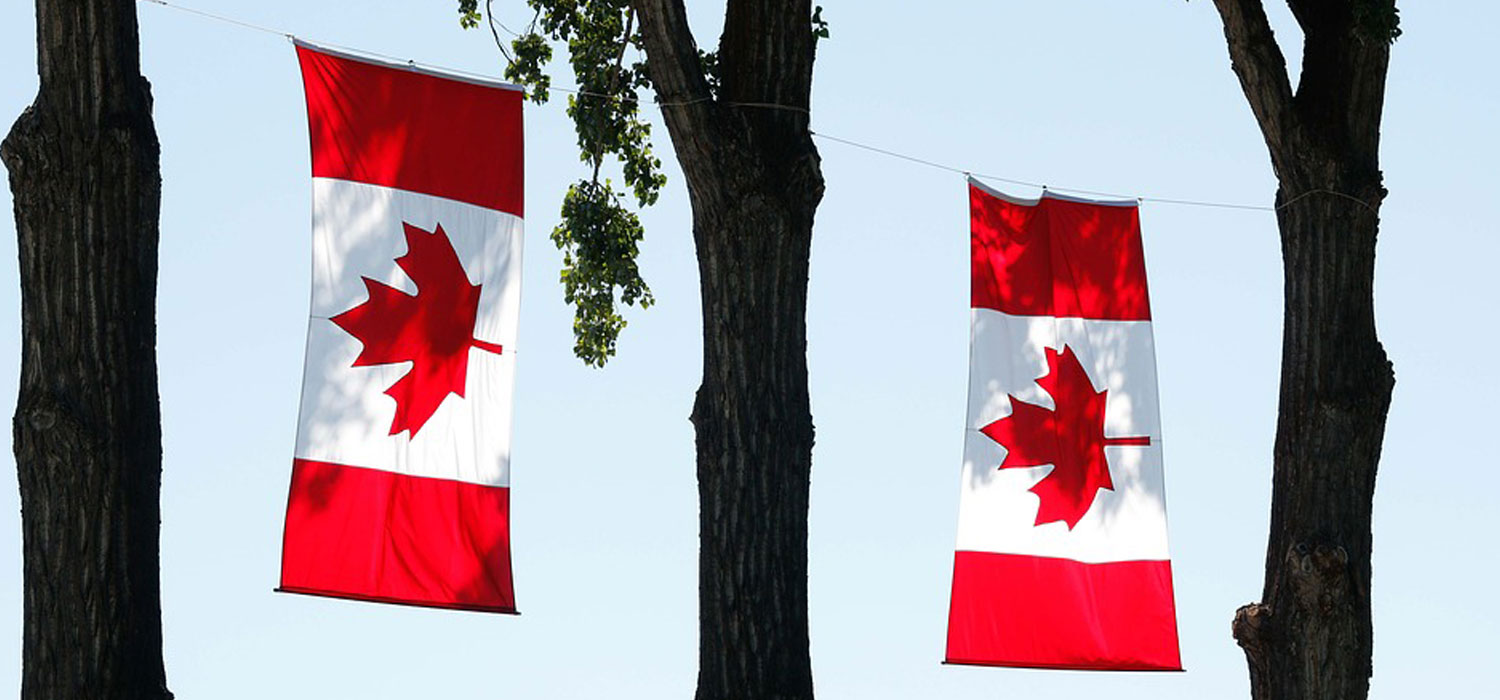Are you affected by Canadian Anti-Spam Law (CASL)?
You may have heard that the Canada's Anti-Spam Legislation (CASL) goes into effect July 1, 2014.
Canada's anti-spam legislation helps protect Canadians while ensuring that businesses can continue to compete in the global marketplace. In this article we will walk through different scenarios to help you understand how this may affect you and what steps you may need to take to be compliant with Canada's Anti-Spam Legislation. This article is for informational purposes only, and is not intended as legal advice.
Are you or your email lists affected?
There are 2 scenarios where you may not be affected by CASL.
- If your organization is not based in Canada and you have no reasonable expectation that your email messages would be accessed in Canada, then you are not affected.
- If you have proof that all of your contacts/subscribers requested that they would like to receive email communication from you, then you also are not affected. Important note: CASL does not allow or recognize consent via pre-checked checkboxes on registration forms or checkout pages. Keep in mind CASL states that any person claiming to have consent bears the burden of proving it. Thus, even if you have consent, consider whether you would have the ability to prove the existence of consent in response to an enforcement action.
If you or your organization don't fit into scenarios 1 and 2, then let's move on and cover a few more exceptions. The following types of email communication are exempt from CASL:
- Messages to family or a person with an established personal relationships.
- Messages to employees, consultants, or people directly associated with your business.
- Messages to current customers, or those who have inquired within the last six months.
- Messages sent on behalf of a registered charity or political organization for the purposes of raising funds or soliciting contributions.
Now that exceptions are out of the way, lets walk through the two types of consent to receive email messages described by CASL. This will help determine what subscribers, if any, will require reconfirmation before or after CASL comes into force on July 1, 2014.
Express Consent vs Implied Consent
Express consent means you have documented proof that the email recipient has indicated that they would like to receive email communication or electronic messages from you. Some examples of express consent are newsletter subscriptions and email-club registrations. Any written agreement to receive specific types of electronic messages from you qualifies, but the consent must be affirmative - this means that a pre-checked box in a checkout process or on a registration page is NOT considered express consent. Again, There is no action necessary if you have express consent for the email addresses on your email lists.
Implied consent includes when a recipient has made a purchase, business deal, contract, application, inquiry, or membership with your organization. If you are a registered charity or political organization, and the recipient has made a donation, gift or has participated in your organization, then you have implied consent. You will now have to gain express consent from these email recipients within a specific time-frame. The time-frame is based on how you obtained the recipient's email address. Whether implied or express, consent will end if the recipient indicates that they no longer consent to receiving email from you.
When and why emails need to re-confirmed?
For implied consent email subscribers, there is the transition period for obtaining express consent that is required for compliance with CASL.
Implied consent subscribers received BEFORE July 1, 2014:
|
Relationship* |
Deadline for Consent |
|---|---|
|
Existing business relationship via purchase, accepted the business opportunity, written contract, inquiry, or application. |
July 1, 2017 |
|
Existing non-business relationship via gift or donation to, volunteered for, meeting organized by the sender, AND the sender is a registered charity, political party or organization, or a political candidate for publicly elected office. |
July 1, 2017 |
|
Previous membership in the sender's organization, where the sender is a club, association, or voluntary organization. |
July 1, 2017 |
*This is based on the transitional provision in s. 66 of CASL, which establishes that an existing business relationship or existing non-business relationship that arises before CASL comes into force, without regard to the time periods that normally apply under those relationships, is deemed to exist for a period of three years after CASL comes into force (unless the recipient unsubscribes). Note that for the transitional provision to apply, a sender must have sent at least one CEM to the recipient based on this relationship before CASL comes into force.
Implied consent subscribers received AFTER July 1, 2014:
|
Relationship |
Deadline for Consent |
|---|---|
|
Existing business relationship via purchase, accepted business opportunity, written contract |
24 months after relationship ending |
|
Inquiry or application. |
6 months |
|
Existing non-business relationship via gift or donation to, volunteered for, meeting organized by the sender , AND the sender is a registered charity, political party or organization, or a political candidate for publicly elected office. |
24 months after relationship ending |
|
Membership in the sender's organization within the past 24 months, where the sender is a club, association or voluntary organization. |
24 months after relationship ending |
Important: If you are using email lists containing contacts that you have no consent or permission to communicate with, you would need to reconfirm these contacts prior to July 1, 2014. EnFlyer's Terms of Use does not allow you to send email messages to anyone that you do not have implied or express consent.
How do I find and reconfirm Canadian subscribers?
How to find or separate Canadian contacts in your lists will vary based on how you collect contacts. Many Canadian emails end in .ca. While this may reveal some Canadian contacts, this is not the most accurate way to isolate your Canadian contacts. Ideally, your Canadian contacts would be identifiable by the city, postal code or phone number associated with their email address. If the address and phone information are not included in your mailing list, then you may have to re-import your lists to update your subscriber information or refer to your consent records to determine the origin of the subscriber.
EnFlyer Opt-in Confirmation feature already collects and stores consent information. You can reconfirm any list, sub-list or segment of emails by sending a reconfirmation campaign using the CASL Reconfirmation template. EnFlyer Support is available if you require any assistance with this.
Feel free to contact us if you have questions about your EnFlyer account.
You can access the Canadian Anti-Spam Law in full here: http://fightspam.gc.ca/eic/site/030.nsf/eng/h_00211.html
You can also view Canada's Anti-Spam Legislation FAQs here : http://fightspam.gc.ca/eic/site/030.nsf/eng/00304.html




